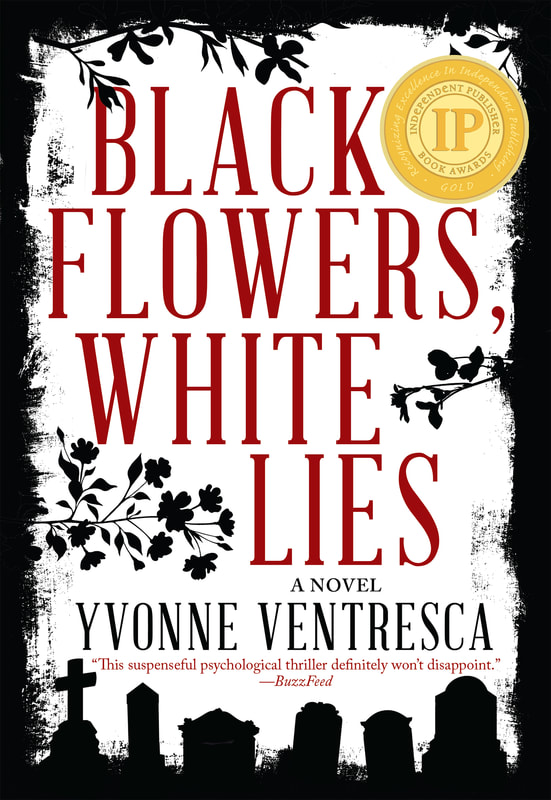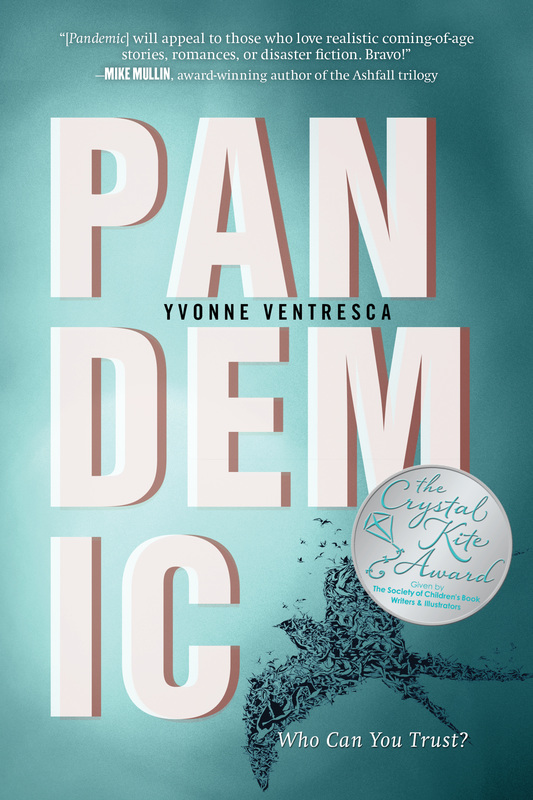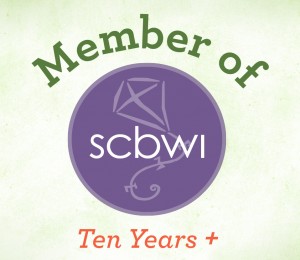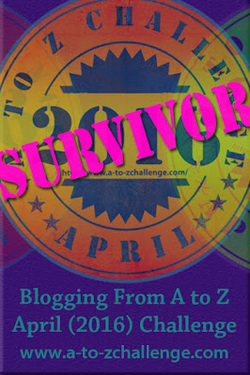If you’re anything like me, writing is not all you (must!) do. I say must when it comes to my writing because, like so many creative outlets, it saves me. The act of writing reminds me that even if it’s garbage, I can a) do a thing, b) finish a thing—both of which are important to feeling accomplished and worthy to yourself (the most important person to please). That said, finding time to write when you’re raising a family (this does not end, empty nest or not), working full time, and, you know, just trying to live and enjoy life isn’t the easiest. Here are some techniques that work for me:
- Schedule time for your writing. If writing brings you joy, make it a priority. Of course, there are going to be other things that come first—family, job deadlines, and the like. Everything depends on your responsibilities, personal situations, etc. Scheduling is not only practical, but it gives a nod to the importance of writing to you. Pro-tip: give yourself “bookend” times (no pun intended!): 15 minutes “pre-writing,” and a 15-minute warning that your writing time is nearly up. Book-end times help me get started in the first place and provide a mini-motivator to wrap things up so there is a sense of completeness. Scheduling is a lovely segue to…
- Time-box your tasks. I ♥ time-boxing because it makes me feel very accomplished. It also helps me organize my tasks so that at the end of the day, I feel like I’ve done SO much. Try this: At the top of each month, take time to make some to do lists: What items MUST be completed this month? Those are your absolute priorities. Next, make a list of the things that you WANT to accomplish in the month. Being realistic (important, this), jot down the approximate times you will need to complete each task. Now you can break the tasks down into weekly, and then daily to dos. When you get to the daily portion of the program, think of each hour of the day as a box—and put a task in it—some tasks may take 2-3 boxes, or a half a box. Lay out your tasks making sure to include brief breaks in between (see #3). Here’s the hard part: start the tasks and stick to the box unless anything unexpected comes up (see #4). Set a timer at the beginning of the task and when you get to the end of that time, STOP.
- Take breaks and enjoy them. Rest is SO important. Oh sure, there will be times when you’re on a roll and need or want to push yourself to get something done but going full speed (on anything) day after day after day will lead to burnout. Everyone has a burnout boundary. If you time box, allow for time in between each task so that what you’re working on now, doesn’t muddy what you’re going to work on next. Take 10-15 minutes to do something completely unrelated to either task. Have you ever sniffed perfume samples, only to have a sales rep hand you a small container of coffee beans to “clear your pallet” before experiencing a new scent? Same thing. Head clearing has always helped me collect myself and be more productive.
- Be flexible. Understand that your best laid plans WILL go awry sometimes. Often. More often than you’d like. This is okay. It’s hard when you’re on a great streak and suddenly things go sideways, and you get de-railed. When this happens:
- Be kind to yourself. Do not—I repeat DO NOT beat yourself up for missing writing days, shortening your time boxing, or not sticking to your schedule. You will get your novel/short story/article/chapter book/poem/etc. done—in the time that is unique to you. Follow the woo philosophy that says that delays, derailments, and obstacles are put in your path to protect you or prepare you for something better. You got this!
Hugs!
Nat ♥


"Social media is part of our lives, and it’s an increasingly popular place for witches of all kinds to meet and create new spells. On TikTok, Instagram, Twitter, and more, witches set intentions, manifest their dream jobs, and even create virtual altars for their ancestors. Social Media Spellbook is a perfect way to take part in this trend by using social media to channel the power of the universe. Authors Amy Blackthorn and Natalie Zaman propose adaptable formulas that draw on symbolic imagery, astrology, tarot, herbs, and crystals—not to mention everyday desire—in a spell-a-day format that anyone, even a beginner witch, can use."

This month's question: Do you use AI in your writing and if so how? Do you use it for your posts? Incorporate it into your stories? Use it for research? Audio?
Other than spell and grammar checks, I don't use AI, but I look forward to reading other IWSG blog hop answers.
Happy Writing!
















 RSS Feed
RSS Feed